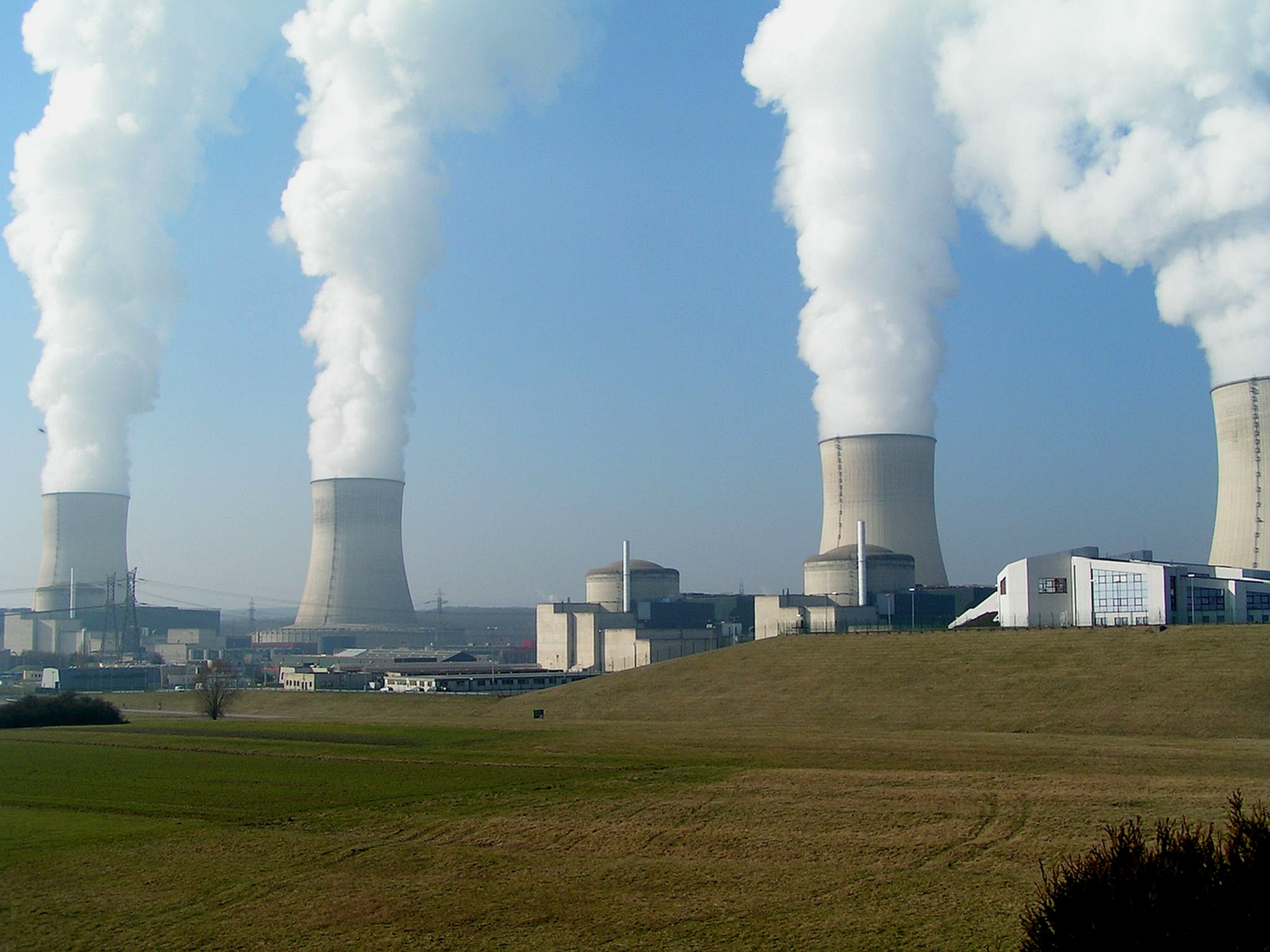Understanding the demand for nuclear physicists requires an exploration of various dimensions, including current job market trends, the paradigm shift towards sustainable energy, and the evolution of nuclear technology. This analysis aims to delineate whether nuclear physics remains a field of high demand, examining different facets of work, education, and future prospects in the domain.
Firstly, the job market for nuclear physicists reflects broader economic trends and public policy shifts. During the past few decades, jobs within the nuclear sector have experienced oscillations in demand primarily linked to political and economic climates. The proliferation of nuclear technology in medical applications, energy production, and research facilities indicates a robust sphere for potential employment opportunities. For instance, the healthcare sector relies heavily on nuclear physics for diagnostic imaging and cancer treatments, demonstrating a substantial avenue where professionals can exercise their expertise.
However, despite historical fluctuations, the field has recently gained renewed attention, especially in light of climate change discussions. Governments globally are recognizing the imperative of reducing greenhouse gas emissions. This urgency has catalyzed investments in nuclear energy projects as a means of transitioning from fossil fuels to cleaner energy sources. Consequently, this shift fuels demand for nuclear physicists, particularly in roles that focus on reactor design, safety analysis, and regulatory compliance. The pressing need for energy security and sustainability makes nuclear physics an increasingly attractive field.
Another pivotal aspect determining the demand for nuclear physicists is the evolution of nuclear technology itself. Advanced nuclear reactors, including small modular reactors (SMRs) and next-generation reactors, promise enhanced efficiency and safety. The development and deployment of these technologies necessitate a cadre of experts proficient in both theoretical and practical aspects of nuclear physics. Moreover, innovations such as nuclear fusion research, while still in nascent stages, herald potential breakthroughs that may revolutionize energy generation. The complexities of these technologies underscore the need for skilled professionals who can navigate intricate scientific inquiries and technological applications.
Furthermore, the interdisciplinary nature of contemporary research in nuclear physics has broadened potential career pathways. Nuclear physicists often collaborate with chemists, engineers, and environmental scientists, thus creating intersecting avenues for employment within diverse sectors. This interdisciplinary collaboration enhances job prospects, as professionals can leverage their skills in varied contexts, such as waste management, environmental assessments, and radiation protection. Employment opportunities are not confined to traditional laboratory settings; they extend into governmental agencies, private industry, and academic institutions, illustrating the multifaceted landscape of potential career environments.
In addition to the diverse employment settings, the educational requirements for aspiring nuclear physicists significantly influence the field’s demand. Typically, obtaining a Ph.D. in nuclear physics or a related discipline is requisite for most advanced positions, necessitating a rigorous academic foundation. While the extensive educational pathway can deter some potential candidates, it equally ensures that those who persist possess highly specialized knowledge, thereby enhancing their employability in a competitive job market. Consequently, the rich pool of expertise cultivated through advanced education positions nuclear physicists as indispensable assets within their respective fields.
Moreover, ongoing professional development and continuous education play crucial roles in sustaining high demand for nuclear physicists. As technological advancements unfold, professionals must remain abreast of the latest research, methodologies, and regulatory changes. Engaging in lifelong learning not only augments individual skill sets but also drives innovation within the field. Conferences, workshops, and publications serve as platforms for disseminating cutting-edge research and methodologies, further solidifying the relevance of nuclear physics in tackling contemporary issues.
Addressing job security, while the nuclear physics field harbors specific challenges, the long-term outlook remains vibrant. Nuclear energy’s role in achieving global energy goals positions nuclear physicists favorably within public discourse. The convergence of technological advancement, environmental urgency, and global policy frameworks encapsulates a climate conducive to bolstering the demand for nuclear physicists. Additionally, as nations endeavor to fulfill obligations to international climate agreements, the expertise of nuclear physicists becomes even more pertinent, enhancing job stability and potential growth.
Nevertheless, challenges persist, as public sentiment surrounding nuclear energy often fluctuates due to safety concerns and historical precedents. Events associated with nuclear accidents can trigger widespread apprehension, dampening enthusiasm for nuclear projects and, subsequently, the job market. However, transparent communication and rigorous safety standards are essential strategies employed by the nuclear industry to address public concerns and rebuild trust, ultimately reinforcing demand for skilled professionals.
In analyzing the global landscape, variations in demand for nuclear physicists are evident across regions. Countries with robust investments in nuclear infrastructure, such as France and China, observe substantial levels of employment opportunities compared to regions with limited nuclear capabilities. Geopolitical dynamics and national energy policies underscore the sensitivity of the nuclear physics job market to external factors, highlighting the necessity for professionals to maintain adaptability in navigating these shifts.
Ultimately, the field of nuclear physics is poised for growth as the demand for safe, efficient, and sustainable energy solutions escalates. The continuous evolution of nuclear science and technology, coupled with interdisciplinary engagement and educational pathways, substantiate the enduring relevance of nuclear physicists. Through governmental support, public engagement, and technological innovation, the pursuit of nuclear energy as a viable solution becomes paramount. The fusion of science, technology, and policy underscores the significance of nuclear physicists in ushering in a sustainable future, solidifying their place within high-demand professions.












